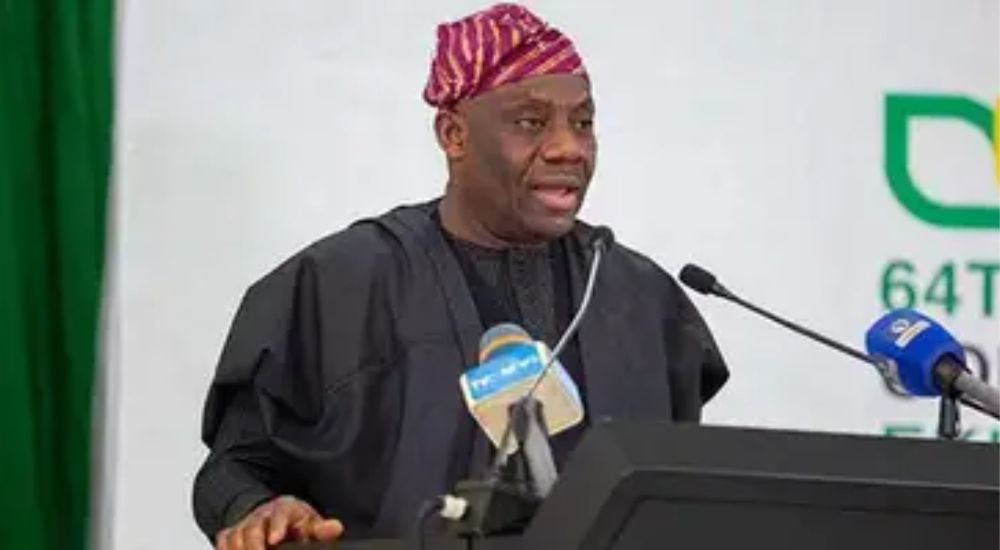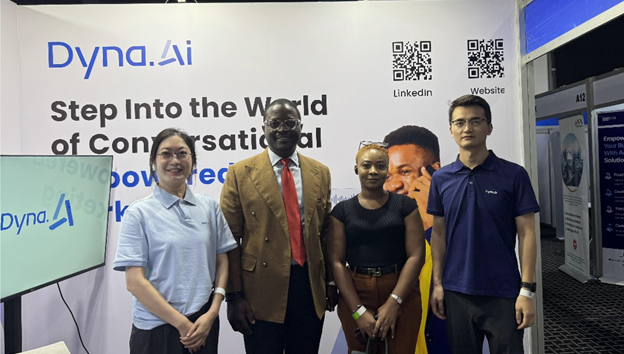Place your adverts here on InfoDig @ low rates; banner ads, sponsored links and guest articles etc. Contact us
The federal government has introduced the Nigerian Health Professionals in Diaspora Plus Engagement Programme to help reverse the brain drain in the health sector.
The Minister of State for Health and Social Welfare, Dr. Tunji Alausa who disclosed this at a Diaspora Stakeholders’ Forum held in Abuja on Friday, stated that the program’s primary goal is to foster long-term collaboration between Nigerian professionals in the diaspora and their counterparts in Nigeria.
He noted that the achievement of universal health coverage has been significantly hampered by the persistent emigration of the healthcare workforce and expressed hope that the initiative will bring an end to that.
“This initiative offers a chance to reverse the trend of brain loss,” he stated.
The minister called on private sector stakeholders and international partners to support the initiative, emphasising the need for medical professionals abroad to invest in cutting-edge technologies which includes clinical research, biomedical technology, and telemedicine to bridge the gaps in healthcare delivery.
Alausa stated that by leveraging these innovations, healthcare services can be enhanced and made more accessible.
Also speaking, founder of NISA Premier Medical Group, Dr. Ibrahim Wada, highlighted the vital role of public-private partnerships (PPPs) in elevating healthcare standards.
He emphasised the importance of community engagement and grassroots capacity building, noting that effective management is pivotal in providing top-notch healthcare services.
“Effective management creates a seamless experience for both healthcare professionals and patients, not just modern equipment,” he said.
He called for improved infrastructure and support for professionals returning from the diaspora to ensure their contributions make a meaningful impact.
Also speaking, president of the Healthcare Federation of Nigeria (HFN), Pamela Ajayi
noted that Nigeria has the potential to become a medical care hub in West Africa.
To achieve this, however, Ajayi stated that Nigeria must invest in medical infrastructure, including healthcare banks, and leveraging digital platforms and artificial intelligence (AI) to expand healthcare access to rural areas.
She added that effective healthcare reform is essential, and emphasised the vital role Nigerians in diaspora play in advancing healthcare infrastructure, innovation, and research.
President of the Nigerian Medical Association (NMA), Dr. Bala Audu, also highlighted the importance of international collaboration and education in retaining skilled healthcare workers and improving outcomes.
He suggested that partnerships with countries like the UK could enhance Nigeria’s healthcare systems and facilitate opportunity sharing.









)





 English (US) ·
English (US) ·